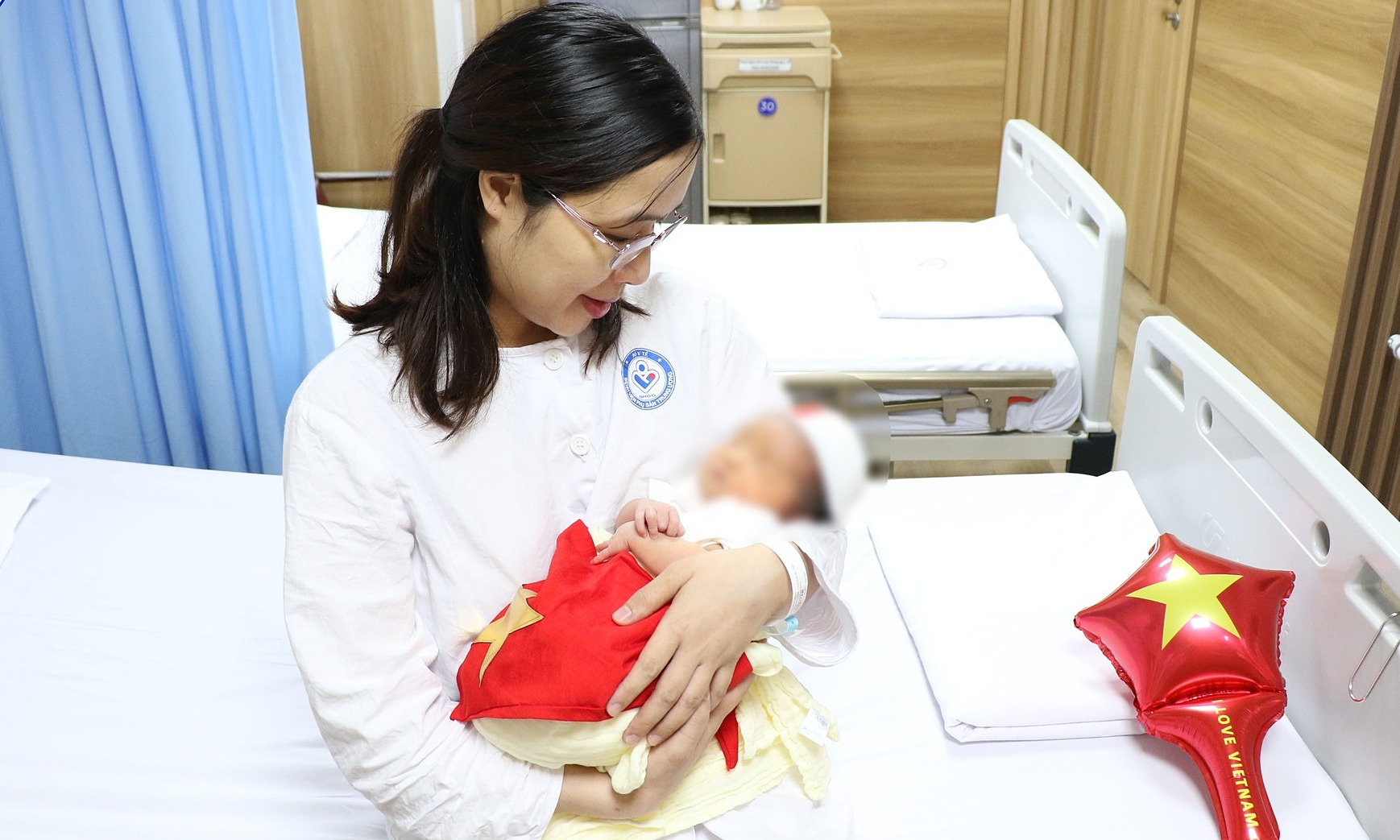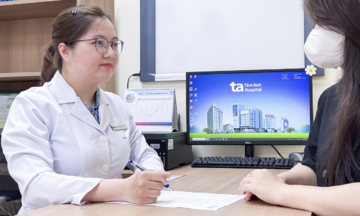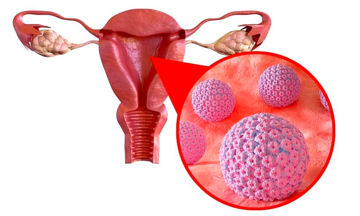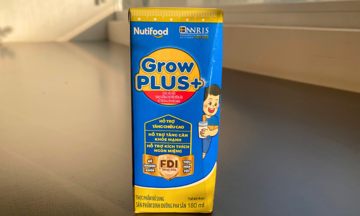On 27/8, Professor Nguyen Duy Anh, Director of the hospital, said this was a special birth, demonstrating the long-term embryo preservation capabilities of modern medicine.
The 37-year-old mother had in-vitro fertilization in 2014 at the National Center for Reproductive Support and gave birth to her first son. The remaining embryos were stored with the intention of having more children later. "The doctor said the embryos would be safely preserved for 5, 10 years or longer. I didn't expect to actually return over a decade later," she shared.
When she returned earlier this year, the woman was worried about the quality of the embryos after such a long time. In particular, she carries the thalassemia gene and experienced oligohydramnios (low amniotic fluid) in her previous pregnancy. However, doctors confirmed that the health and quality indicators were all satisfactory. She successfully conceived on the first embryo transfer.
"We only used one embryo, transferred it successfully, and the result was as expected," Anh said, adding that he closely monitored this special pregnancy from beginning to end.
 |
The baby was born healthy at the National Hospital of Obstetrics and Gynecology. Hospital provided |
The baby was born healthy at the National Hospital of Obstetrics and Gynecology. Hospital provided
The National Center for Reproductive Support currently stores hundreds of thousands of embryos using advanced international-standard technology and equipment, ensuring safety and enabling older women to become pregnant with embryos stored from their younger years. The embryo survival rate after thawing is 99-100%. Even after decades, each embryo is carefully preserved so that when parents return, their chance of becoming parents remains intact.
Le Nga












